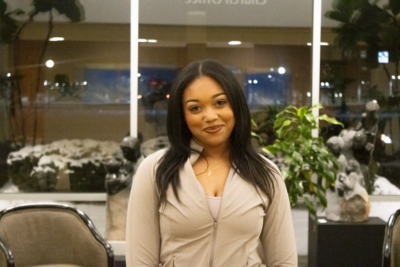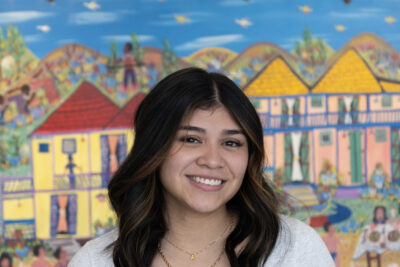Riley and Ashley, I hear you. I hear what you are saying. I hear you saying that you are so very frustrated with a campus culture that you feel has betrayed your ability to seek an education by stifling your voices, by not giving you space to talk honestly. I agree with you, that the campus dialogue can feel stifling (while I feel comfortable speaking, I, for example, don’t feel comfortable expressing my privileged sexuality, a part of who I am, in part because of the rhetoric around). I hear you, and I believe that what you articulated is a very real experience, absolutely.
But there’s something else that I believe, too. While we might both be looking for the same thing (a just world in which everyone can be heard, not just those who speak the loudest), I believe to the core of my being that we cannot reach that goal simply by working to right oppressions, to put people on equal ground. Rather, we must first upend these hierarchies of oppression. Until we structurally privilege those who are currently underprivileged, and structurally oppress the currently privileged, and then work for equality from there, we cannot hope to make any substantial progress. The stifling of the privileged is just.This is a radical idea in a number of ways, but I think it is defendable. Suppose you believe in retributive justice: Then, naturally, it is only fair that we turn the system on its head, work to not just equally privilege, but de-privilege whites, cis folk, het folk, able folk, rich folk, men, etcetera. Even if those who are privileged claim that they aren’t oppressive, they are still complicit in an oppressive system for as long as they do not actively work against it. They are still complicit in systems that allow them to profit off the labor and work of oppressed classes, to live lies literally subsidized by the sweat and blood are tears of the poor. Not committing active violence is no excuse for allowing passive violence to continue because it’s too uncomfortable to deal with.
Suppose you don’t believe in retributive justice. Suppose, rather, like Martin Luther King Jr., who we recently celebrated, you believe that justice is best served as love. Then I ask of you: How can we truly love our neighbor unless we can empathize with them? Not just intellectually understand oppression, but truly, viscerally understand it? I, as a member of almost every privileged class, though I have spent a lot of time trying to come to grips with what that means, still cannot really understand what it is like to lead an unprivileged life, because I have never done so.
And the cost of not doing this is enormous–imagine the different approach our country would have to eliminating structural oppression if literally everyone in our country had experienced it, at least for a time. That would be huge.
Yes, Ashley and Riley, it feels frustrating to be unheard. I am one of the people who tends to speak too loudly, drowning out voices that ought preferably to be heard. I am part of the problem, and I am conflicted about writing this article, and don’t know for sure if the content outweighs the fact that it would be coming from me.
But maybe this message seems more acceptable coming from someone with privilege to lose: Yes, it is uncomfortable to be unheard. But, especially on matters of race, maybe it’s our turn to feel like we have to listen more and speak less.
(Intrigued? Frustrated? I’d be more than glad to talk to anyone who wants to talk about this. Feel free to contact me peterm8@goshen.edu!)



